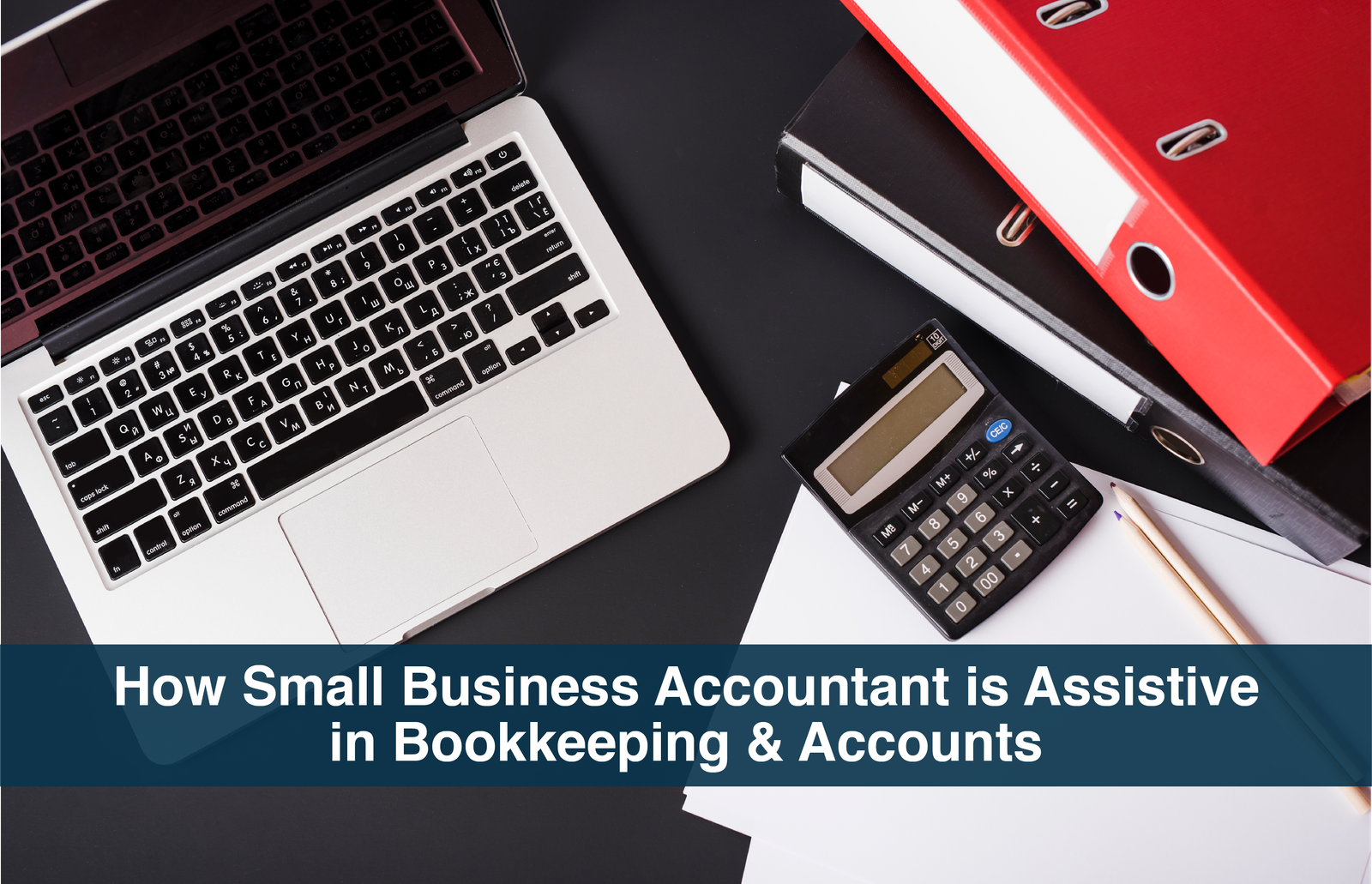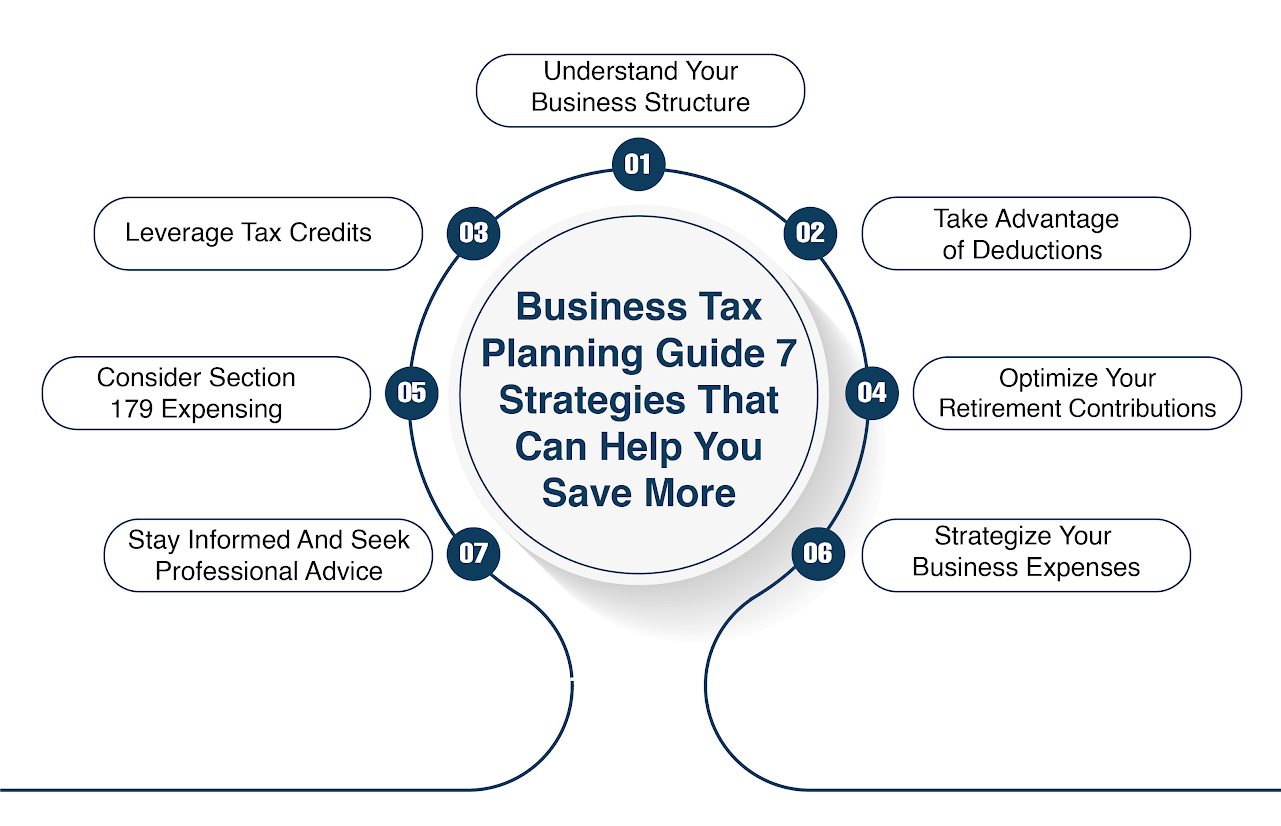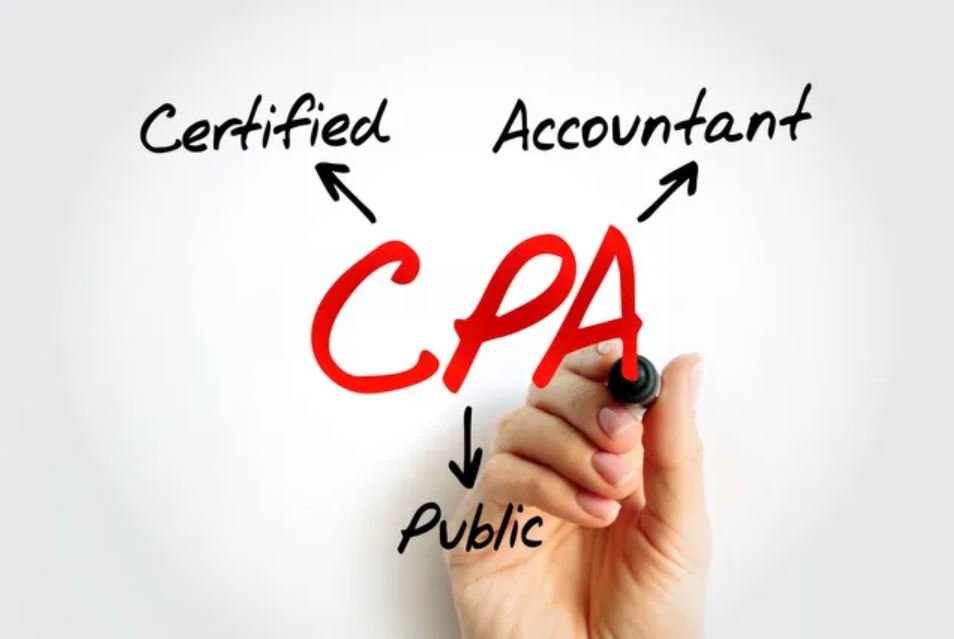The Importance of Accounting Software
Accounting software plays a crucial role in managing the financial aspects of a business efficiently. From bookkeeping and invoicing to financial reporting and tax compliance, the right accounting software can streamline processes, improve accuracy, and provide valuable insights into your business’s financial health. In this article, we will guide you through the process of choosing the right accounting software for your business.
Assessing Your Business Needs
Before diving into the vast array of accounting software options available, it’s essential to assess your business needs. Consider the size of your business, the complexity of your financial transactions, and the specific requirements you have for managing your books. Understanding your needs will help you narrow down your options and focus on software that aligns with your business goals.
Understanding the Features of Accounting Software
Accounting software offers a range of features designed to simplify financial management tasks. These may include general ledger management, accounts payable and receivable, expense tracking, inventory management, payroll processing, and financial reporting. Identify the features that are most relevant to your business and prioritize them when evaluating software options.
Cloud-Based vs. On-Premises Accounting Software
One of the key decisions you’ll need to make is whether to opt for cloud-based or on-premises accounting software. Cloud-based software is hosted on remote servers and accessed through the internet, offering flexibility, scalability, and ease of collaboration. On the other hand, on-premises software is installed locally on your computer systems and provides greater control over data. Consider your business’s specific needs, budget, and IT infrastructure when deciding between the two.
Scalability and Future Growth
As you choose accounting software, keep your business’s scalability and future growth in mind. Select software that can accommodate your business’s growth trajectory, both in terms of functionality and user capacity. Scalable software will save you the hassle of transitioning to a new system as your business expands.
User-Friendliness and Ease of Navigation
Accounting software should be user-friendly and easy to navigate, even for non-accounting professionals. Look for intuitive interfaces, clear menu structures, and user-friendly dashboards. A well-designed user interface will minimize the learning curve and empower you and your team to quickly adapt to the software.
Integration Capabilities
Consider the compatibility and integration capabilities of accounting software with other essential business tools and systems. Seamless integration with customer relationship management (CRM) software, e-commerce platforms, payment gateways, and banking systems can automate data transfer, improve efficiency, and eliminate manual data entry.
Security and Data Protection
Protecting your financial data is crucial. When selecting accounting software, prioritize vendors that offer robust security measures, including data encryption, secure data storage, and regular backups. Assess their compliance with data protection regulations such as GDPR or HIPAA, depending on your business’s location and industry.
Customer Support and Training
A reliable customer support system is vital for smooth software implementation and ongoing usage. Look for vendors that offer comprehensive customer support, including phone, email, and live chat assistance. Additionally, consider whether the software provider offers training resources, such as tutorials, webinars, or documentation, to help you and your team get up to speed quickly.
Pricing Considerations
Pricing is a significant factor when choosing accounting software. Evaluate the pricing models of different software options, such as monthly subscriptions or one-time purchases. Take into account not only the upfront costs but also any additional fees for upgrades, customer support, or integrations. Balance your budgetary constraints with the software’s features and long-term value.
Researching and Comparing Accounting Software Options
Once you have a clear understanding of your business needs and preferences, embark on thorough research to identify potential accounting software options. Explore reputable software review websites, consult industry-specific forums, and seek recommendations from fellow business owners or accountants. Create a shortlist of software that aligns with your requirements.
Seeking Recommendations and Reviews
To gain insights into the performance and reliability of the shortlisted accounting software, seek recommendations from trusted sources. Reach out to industry peers, accounting professionals, or business associations for their experiences and recommendations. Additionally, read user reviews and testimonials to gauge user satisfaction and identify any potential drawbacks.
Making an Informed Decision
With a narrowed-down list of accounting software options, it’s time to make an informed decision. Request demos or free trials from the vendors to test the software’s functionality, user experience, and compatibility with your business operations. Consider involving key stakeholders and gathering feedback before finalizing your decision.
Conclusion
Choosing the right accounting software is a critical decision for any business. By assessing your needs, understanding the features, and considering factors such as scalability, user-friendliness, integration capabilities, security, and customer support, you can make an informed choice that will streamline your financial management processes and contribute to the success of your business.
FAQs (Frequently Asked Questions)
Can accounting software handle multiple currencies?
Yes, many accounting software options support multiple currencies, allowing businesses to manage transactions in different currencies and handle exchange rate conversions.
Can I customize reports in accounting software?
Most accounting software offers customizable reporting features, allowing businesses to generate reports tailored to their specific requirements, such as profit and loss statements, balance sheets, and cash flow statements.
Can accounting software handle complex inventory management?
Some accounting software includes robust inventory management features, such as tracking stock levels, managing purchase orders, and handling assembly or manufacturing processes. Consider software options that align with your specific inventory management needs.
Is cloud-based accounting software secure?
Cloud-based accounting software can be secure when provided by reputable vendors. Ensure the vendor employs strong security measures, such as data encryption, regular backups, and access controls, to protect your financial data.
Can I migrate data from my existing accounting software to a new one?
Most accounting software offers data migration tools or support to help businesses transfer their data from an existing system. Consult with the software vendor to understand the migration process and any associated costs.







